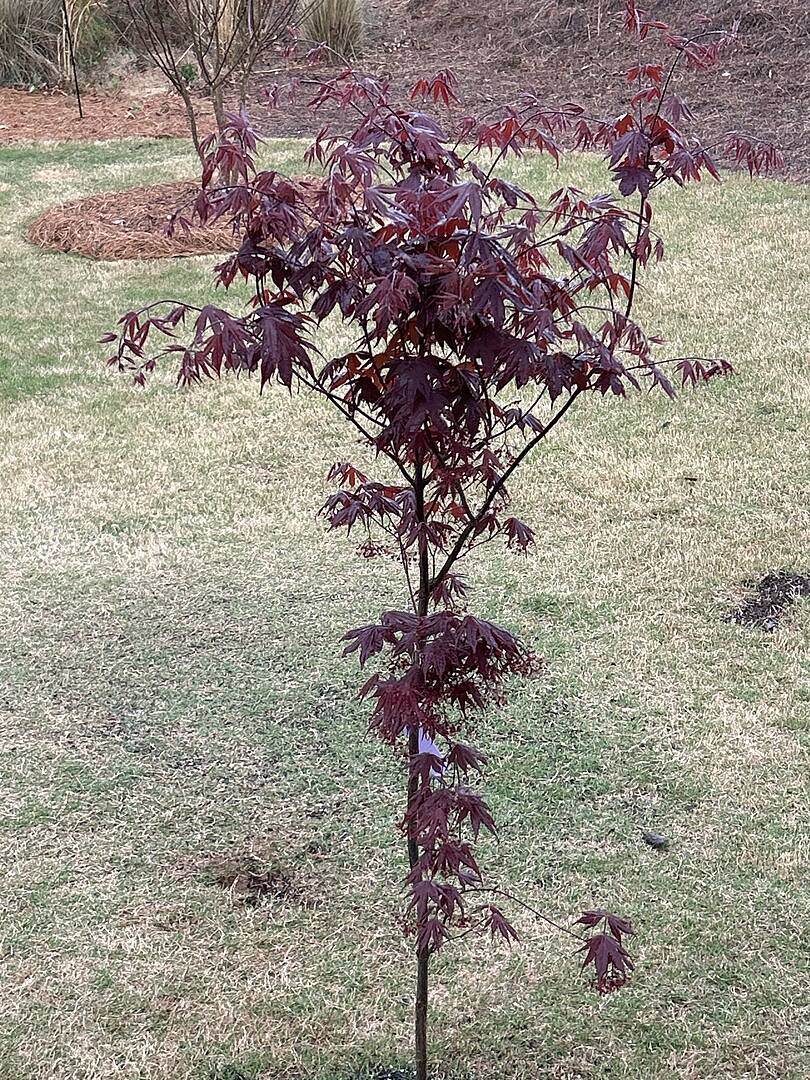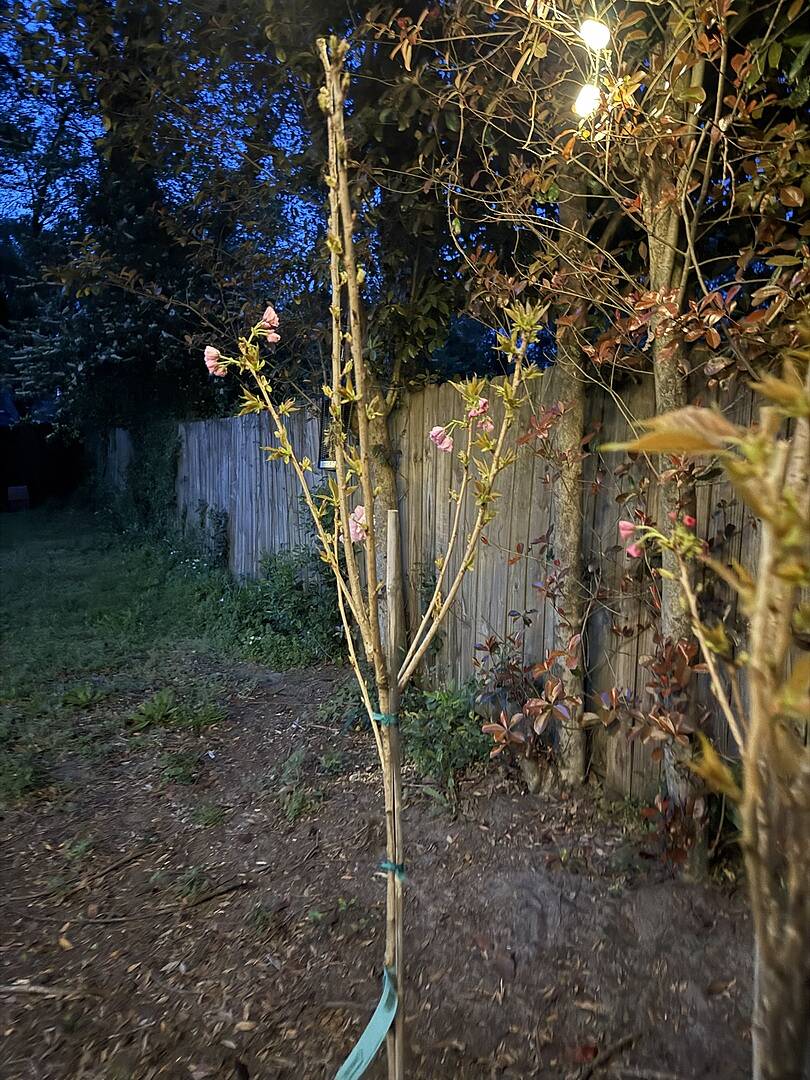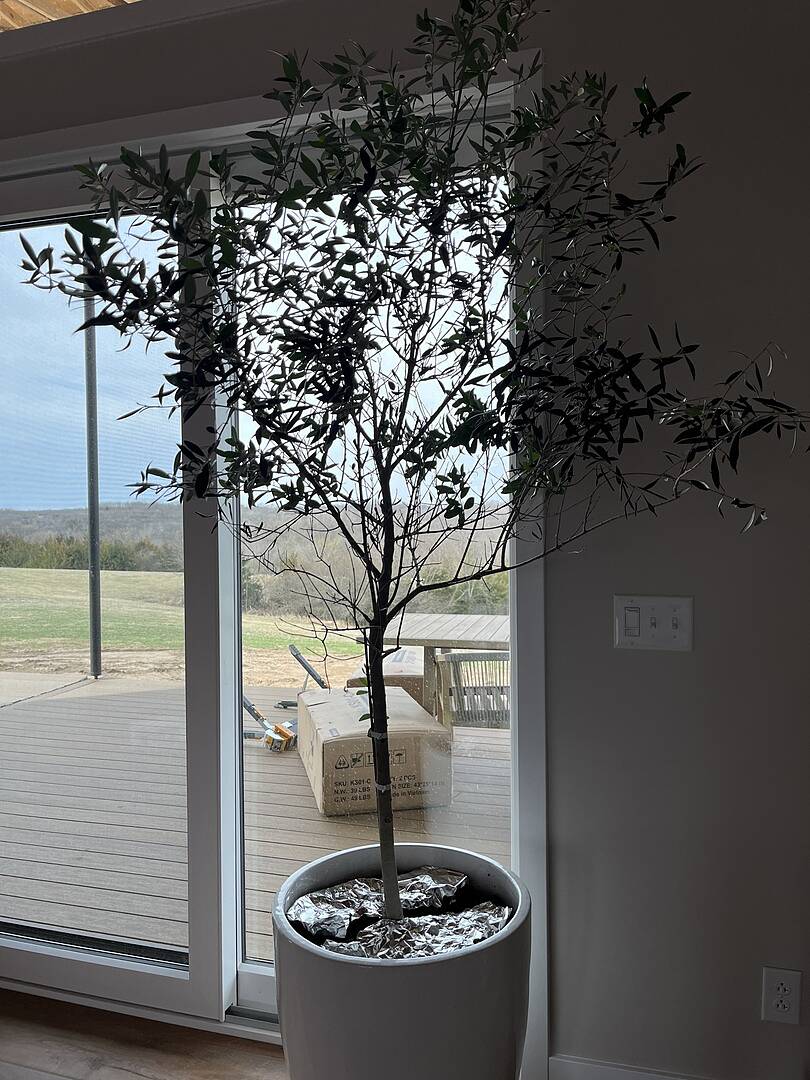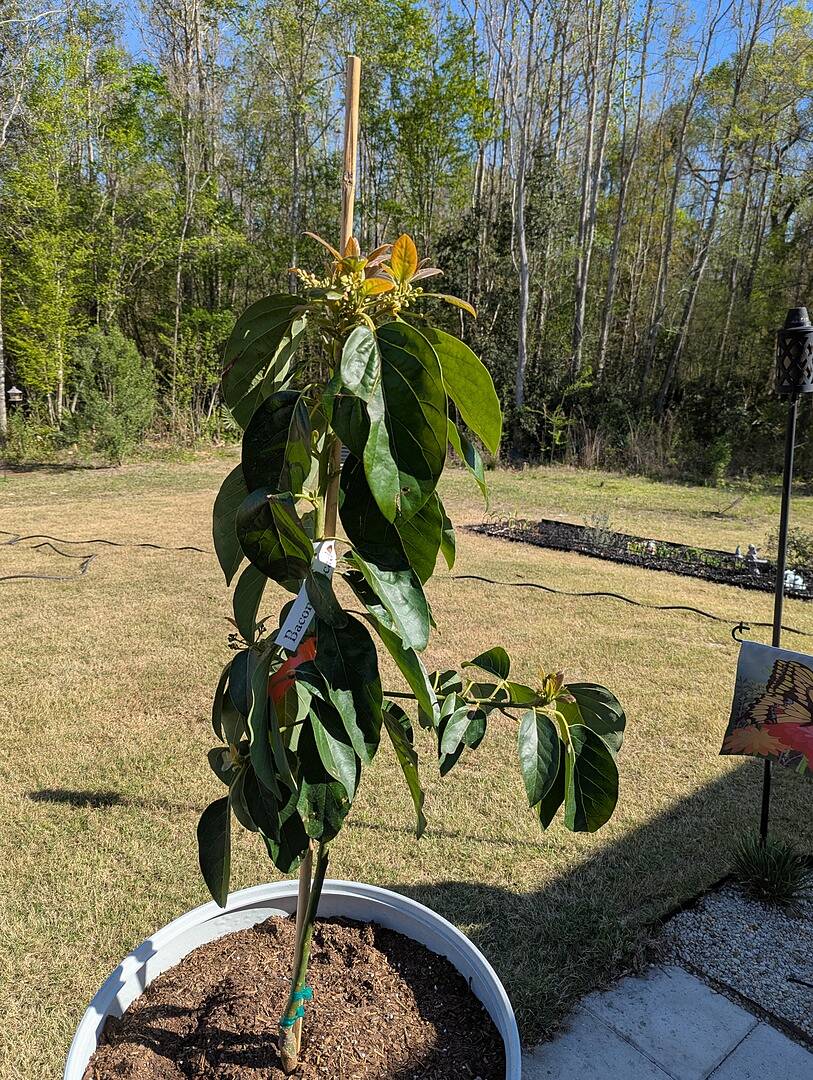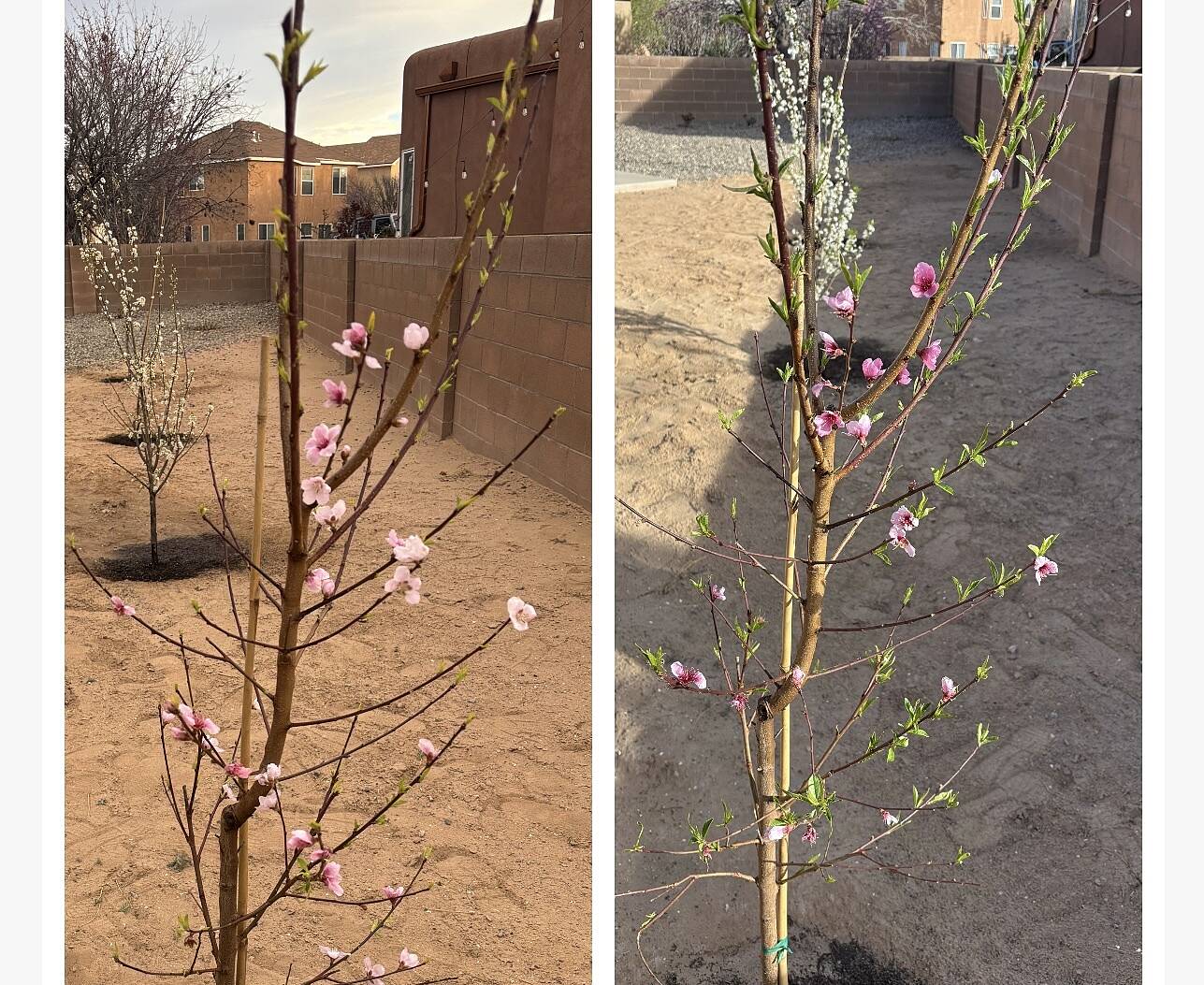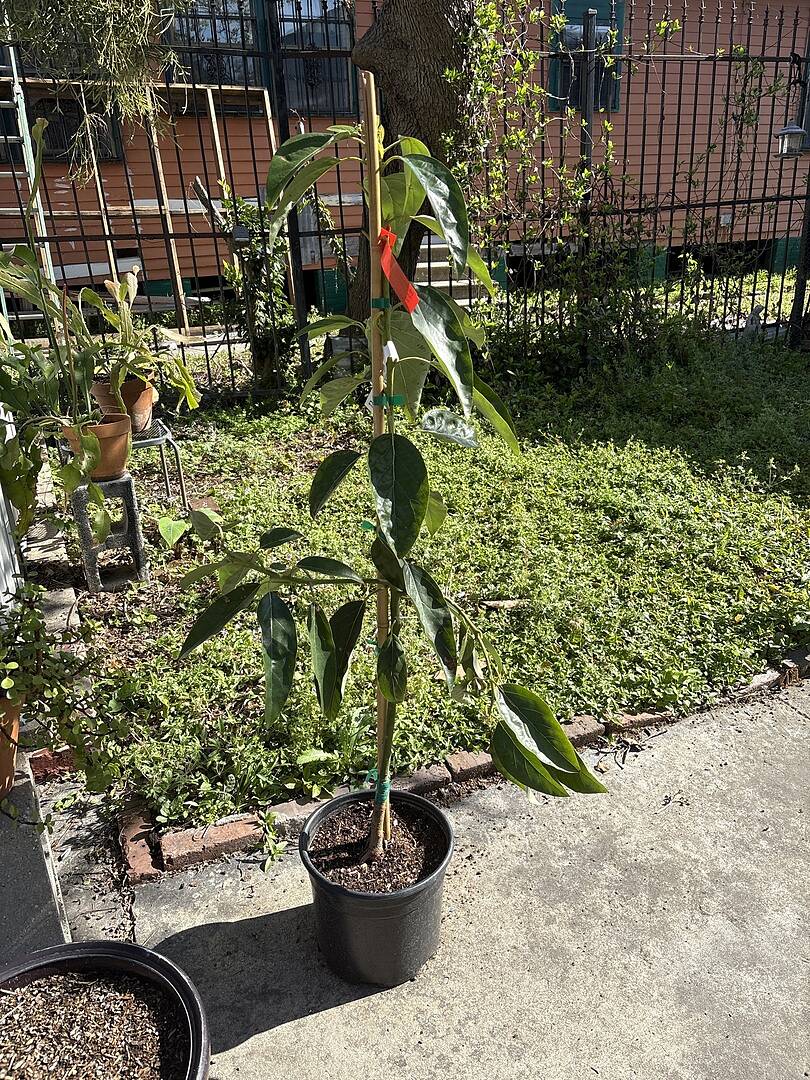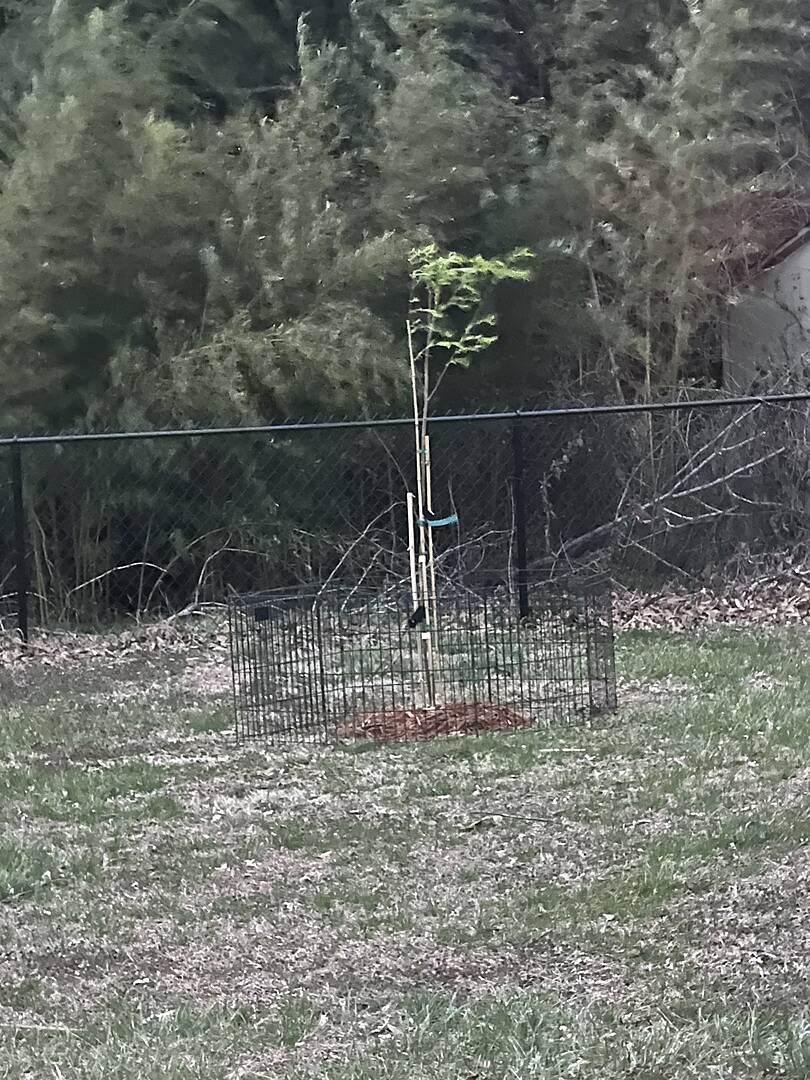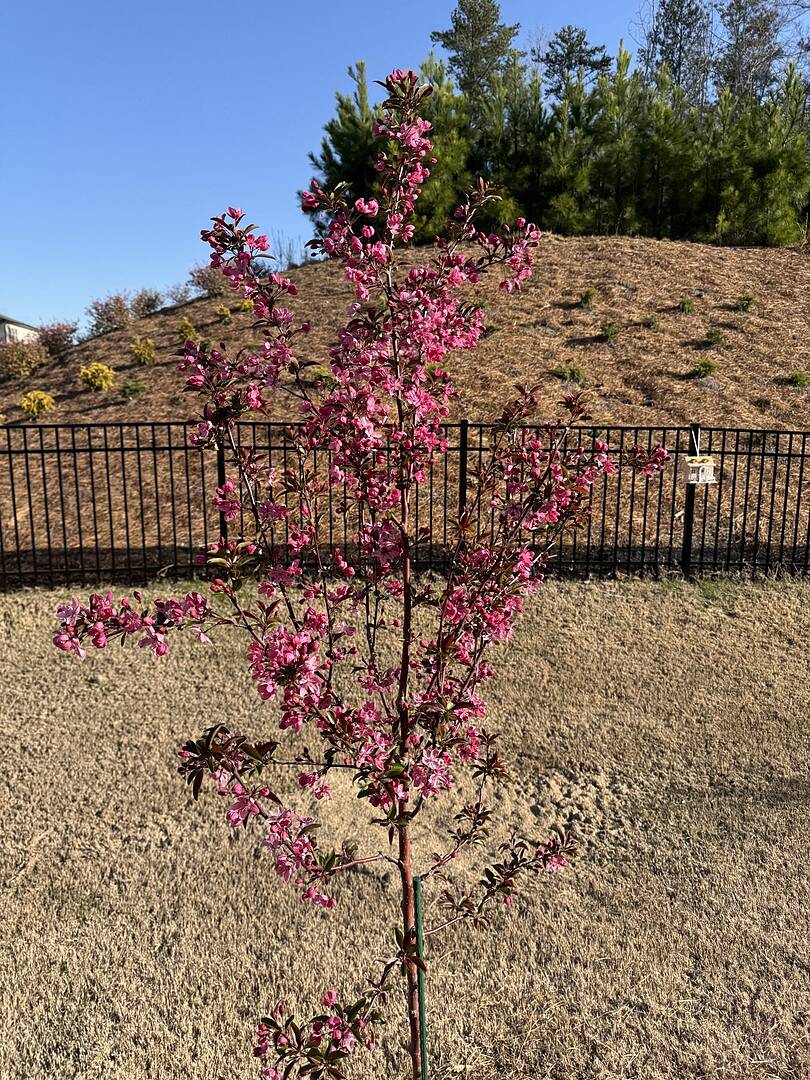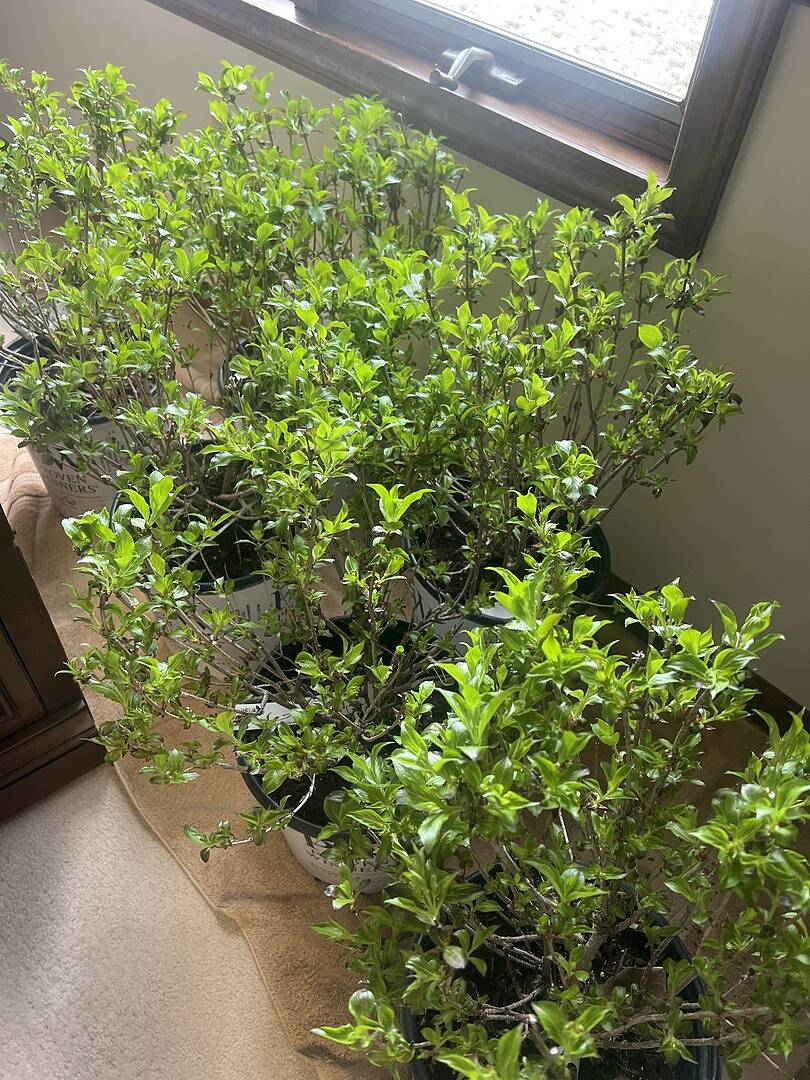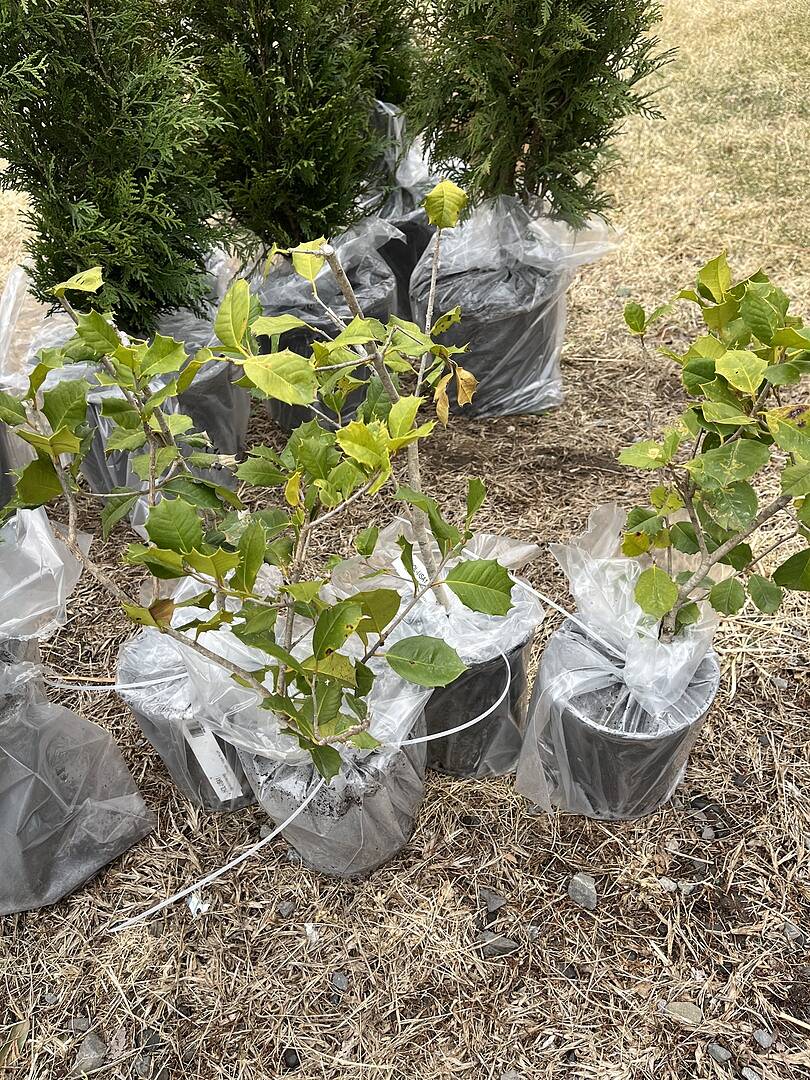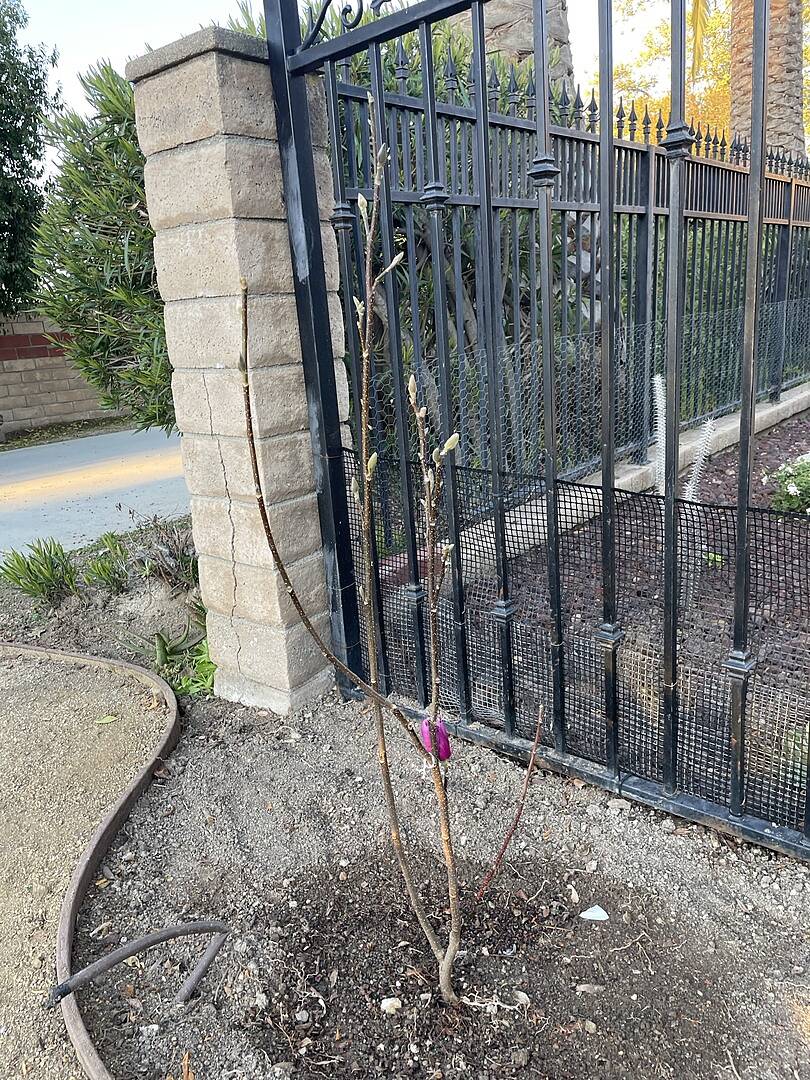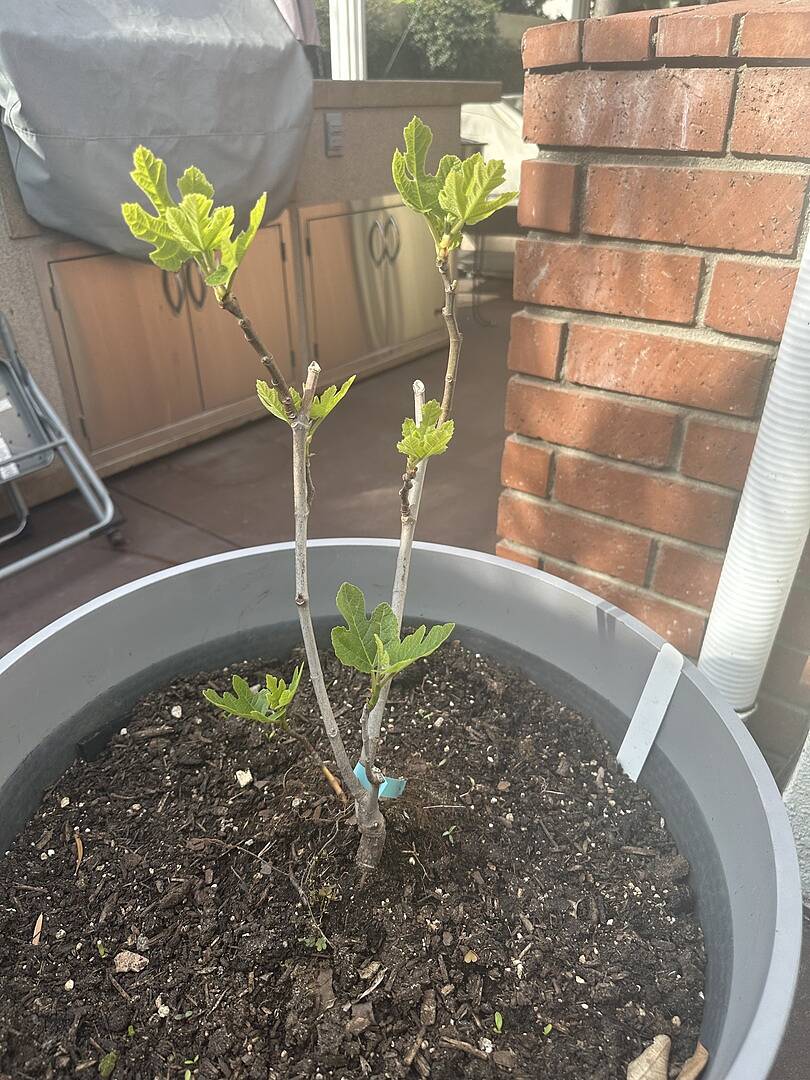Palm Trees: Everything You Wanted to Know

Last updated: Feb 21 2020

What are the Different Types of Palm Trees?
There are countless different types of palm trees that you'll encounter throughout the United States. However, the most popular types are Areca Palm, Date Palm, Sago Palm, Ponytail Palm, Majesty Palm, Queen Palm, and the Coconut Palm.
Within these seven kinds of palm trees, there are plants of varying aesthetics that are perfect for indoor or outdoor growing, and for all different preferences and requirements. Some grow taller, some have smaller leaves, there are a number of differences that set palm trees apart that we'll cover below.
What are the Characteristics of Palm Trees?
There are thousands of species of palm trees around the world, the majority of which share similar characteristics. The most easily identifiable feature of a palm tree is the large, evergreen leaves. It should be noted, however, that there's an incredible amount of diversity in the appearance of palm trees and you may have spotted plants before that you've liked and had no idea they were palm trees.
Which Palm Trees Grow Coconuts?
The Coconut Palm Tree, which just so happens to be the most grown palm tree in the world, is the only species to produce coconuts. Unfortunately, if you're anywhere in the United States that isn't the tropical region of Florida, you'll be unable to grow Coconut Palms yourself.
What Fruit Grows on Palm Trees?
Arguably the most common fruit that grows on palm trees is coconuts. But did you know, palm trees also provide a number of other delicious fruits? With the right species, you can enjoy dates, peaches, and even acai. It should be noted that in most situations palm trees won't live long enough to flower and produce fruit if you keep them indoors. You should really only expect fruit if you're planting your palm trees outside.

Where Can Palm Trees Grow?
Thankfully, due to the sheer number of palm tree species, you can find trees that will grow practically anywhere, no matter what growing zone you’re in. From Alaska to Florida, and everywhere in between, you'll find a species of palm tree that will flourish indoors or outdoors.
Can Palm Trees Survive the Cold?
There are a number of species of palm trees that are hardy enough to survive the cold weather. This may be surprising to hear, as palm trees are often viewed as exotic, tropical plants. The Queen Palm and the Date Palm are two of the hardiest palm trees that you can grow, so if you live in a cold area, getting one of these species may be the best option for you.

What Palm Trees Grow Best Indoors?
While the best type of palm tree to grow indoors really depends on how much space you have, there are a few species that are more contained and require less skill and effort to grow inside. The Areca Palm Tree is the most common choice for indoor palm trees as it's vibrant, easy to grow, and doesn't reach unmanageable sizes indoors.
The Majesty Palm Tree is another good choice as it can tolerate long periods in the shade and is a slow grower - so there's no pressure to give it tons of sunlight.
For people looking for smaller palm trees to grow indoors, the Sago Palm Tree is renowned for its feathery foliage and ease of care.
When Should Palm Trees be Trimmed?
Palm trees are pretty good at keeping themselves under control and shedding dead and dying leaves when necessary. However, some species, such as the Queen Palm Tree, can be trimmed to speed up the process. When you do decide to trim the dying leaves, it's vital to ensure that you don't cut back your palms too much as this can stress out the plant.
How Long Does a Palm Tree Live?
A Coconut Palm, grown outdoors in the right climate, can live for up to 90 years - meaning generations to come will get to enjoy its fruit and tropical vibes. Smaller palm trees, such as the Ponytail Palm, can survive indoors with minimum attention for decades.
What are Palm Trees Used For?
The main reason you're likely to see a palm tree is purely for decorative purposes. However, certain kinds of palm trees can purify the air in your home. The Areca Palm Tree has been proven to be the most effective way of purifying air without the need for a humidifier. A palm tree can help keep the air in your home moist as well as remove harmful toxins.
Still not sure which Palm Tree is best for you? Explore the wide variety of Palm Trees we offer to find exactly what you’re looking for!

Written by
Blair Brown
Blair is the Content Marketing Manager at FastGrowingTrees.com, and though she's not your traditional gardener, the planting world is definitely growing on her (pun intended!). She's enjoyed digging into plant care and maintenance and growing her plant collection, especially with exotic indoor varieties.











































